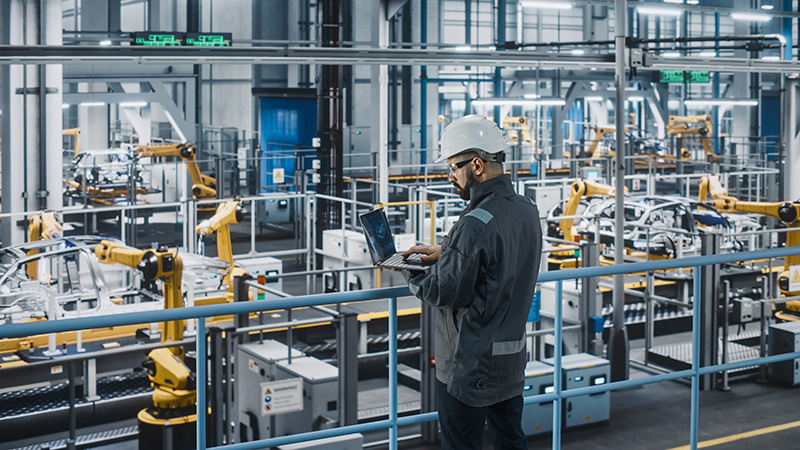Manufacturing Solutions
Get reliable power at predictable costs, fast.
Navigating the Manufacturing Power Crisis
As energy-hungry data centers grow and traditional power plants retire faster than they are replaced, it’s getting harder for some manufacturers to secure reliable, affordable power.
Benefits to Manufacturing
Enhance your energy resilience and mitigate operational risks with clean, onsite power at predictable costs.
Resilient
Uninterrupted power to keep your production equipment up and running at all times.
Cost Effective
Predictable costs that can drive potential savings from reduced downtime and improved power quality.
Clean
Combustion-free generation significantly reduces CO₂ emissions and nearly eliminates other harmful air pollutants.
Access to Power
Grid-connected or off-grid applications, available in as little as 90 days.
Customer Spotlight
See why JSR Micro trusts Bloom Energy to keep
their production and quality equipment running at all times.
